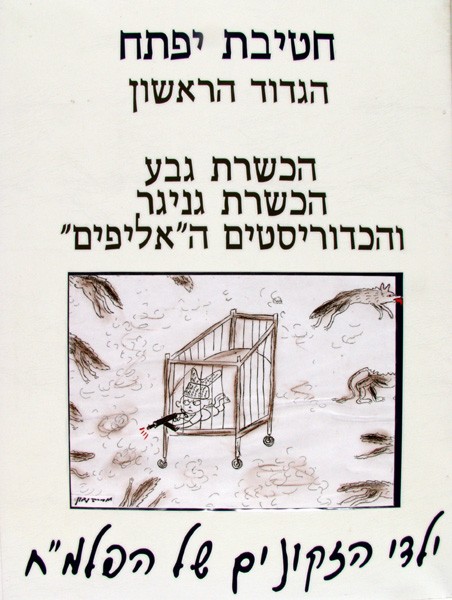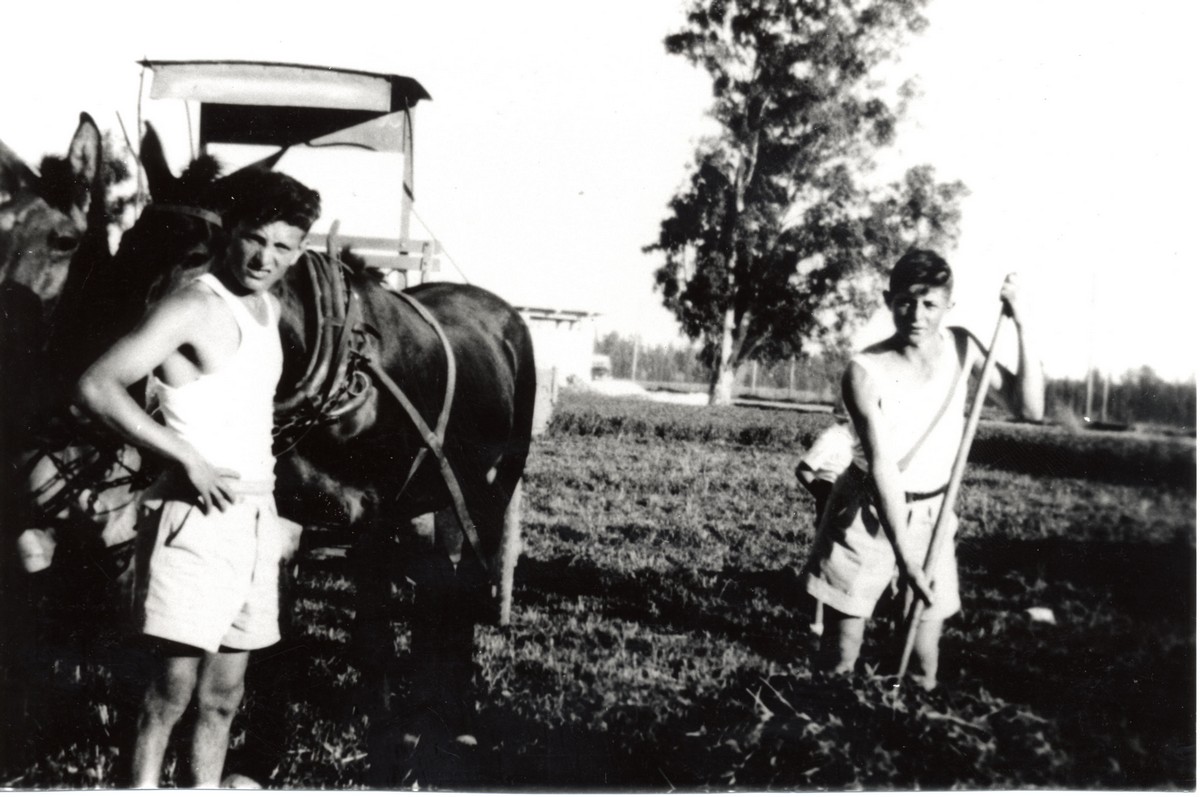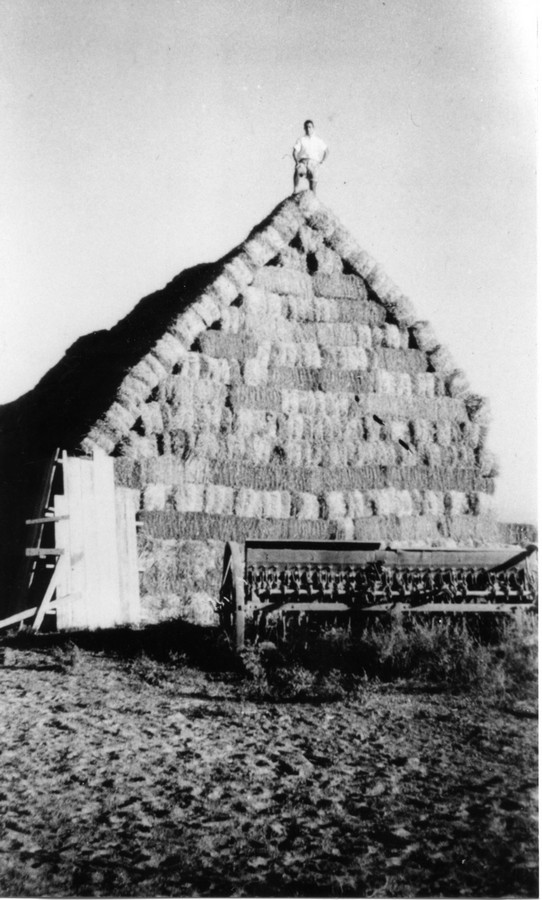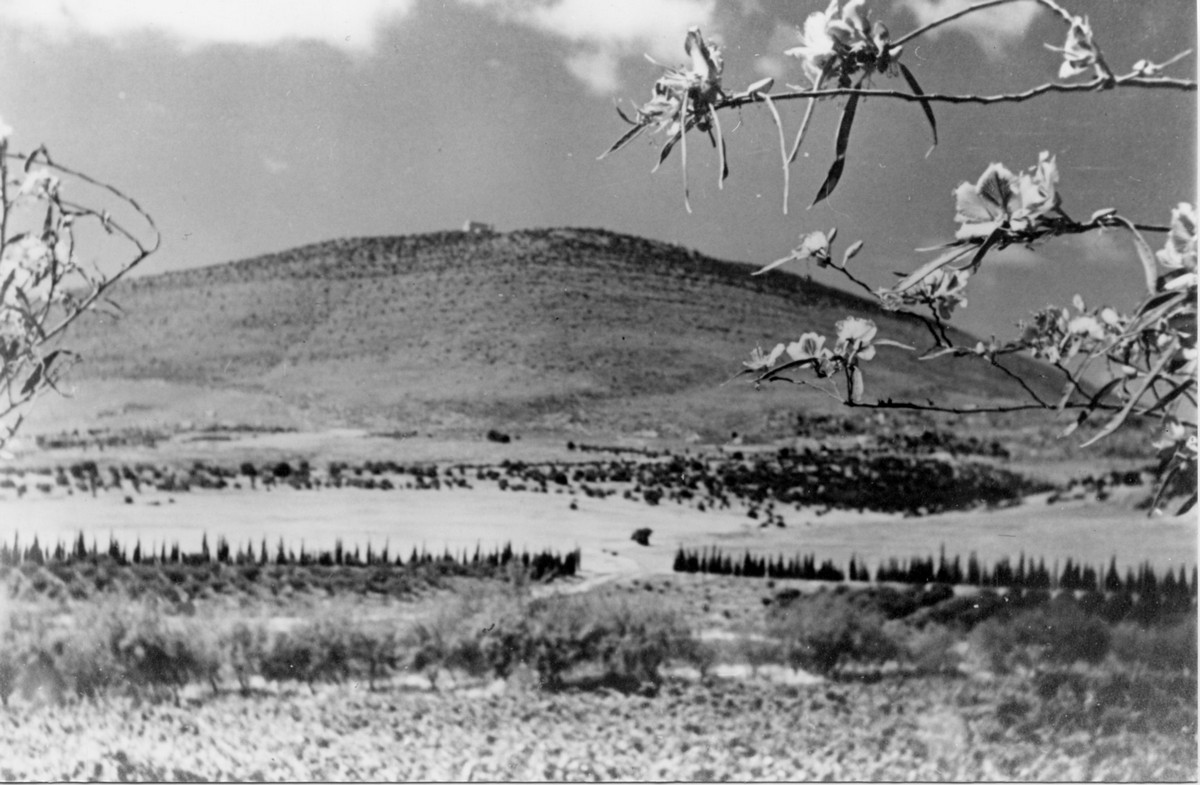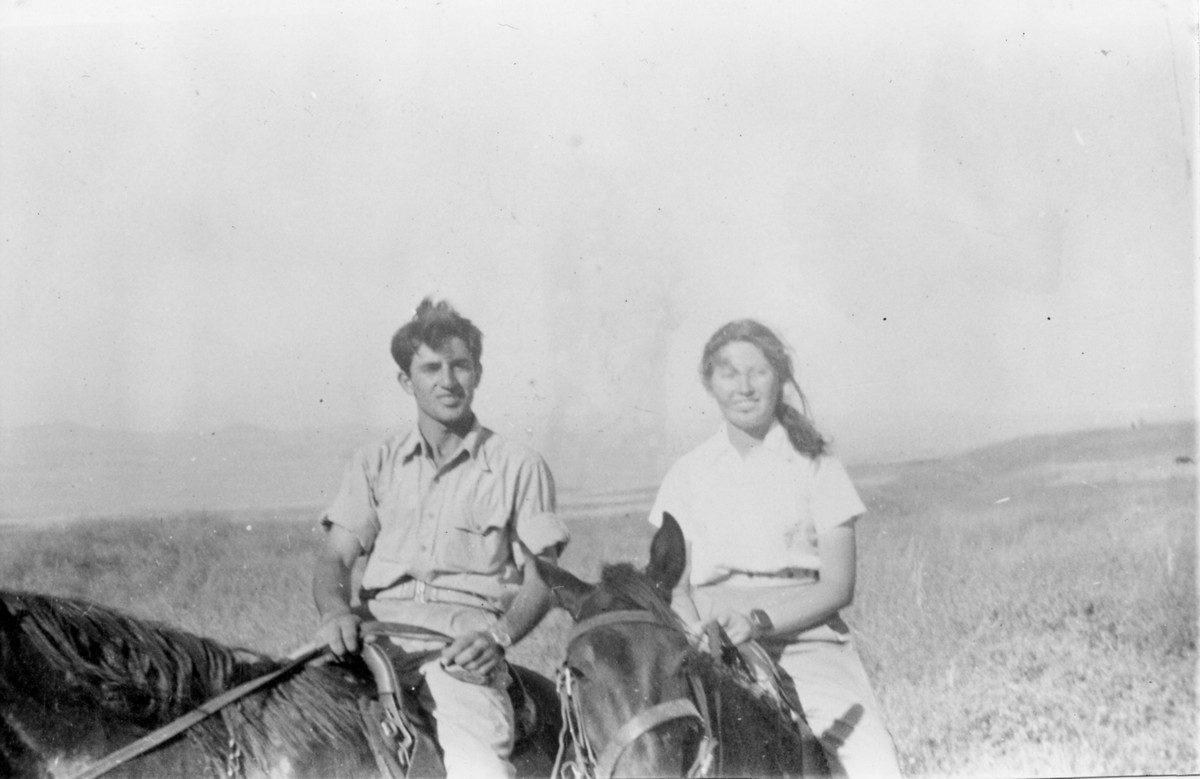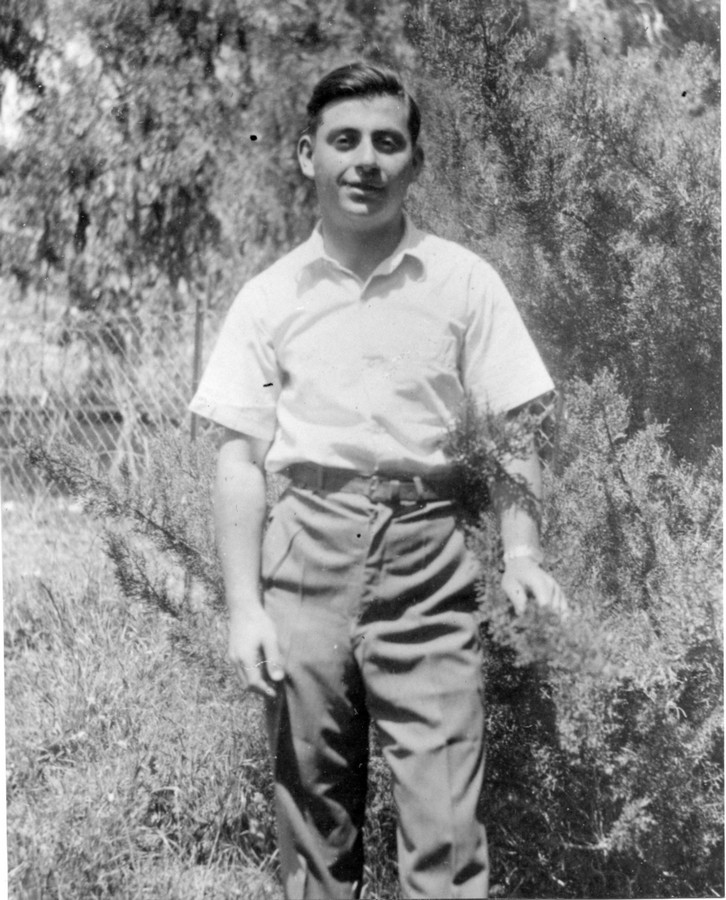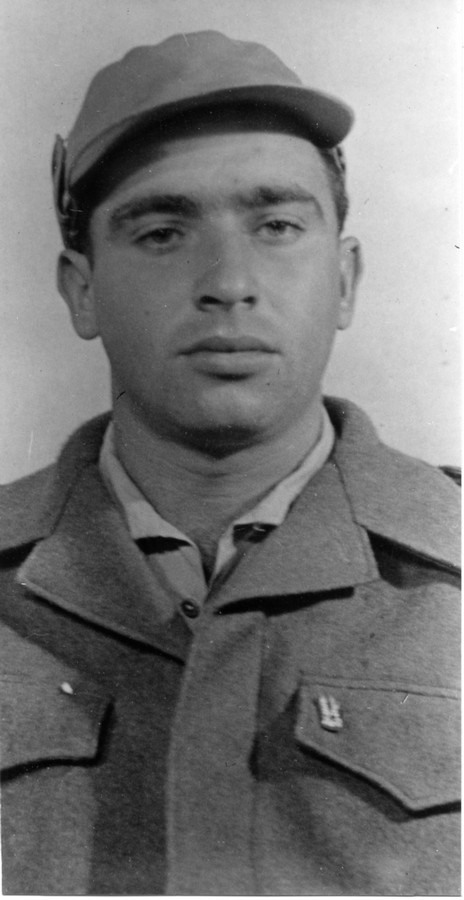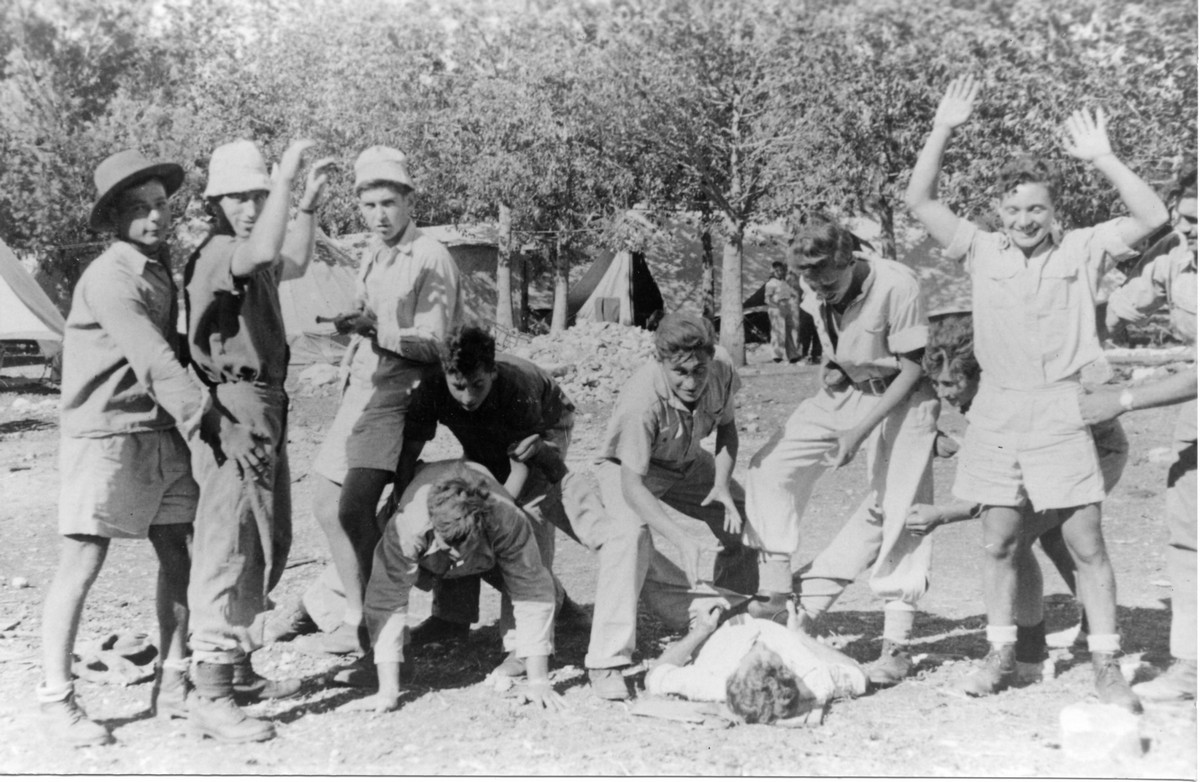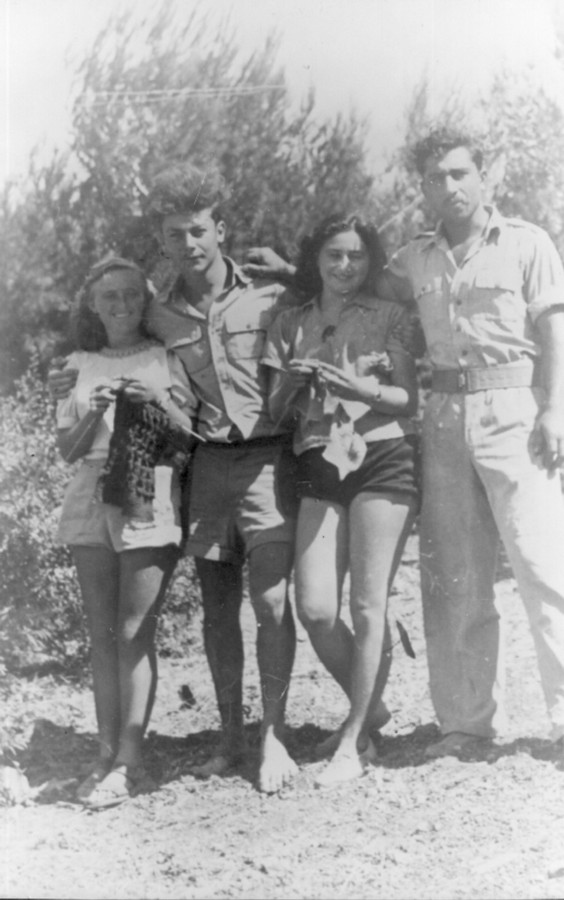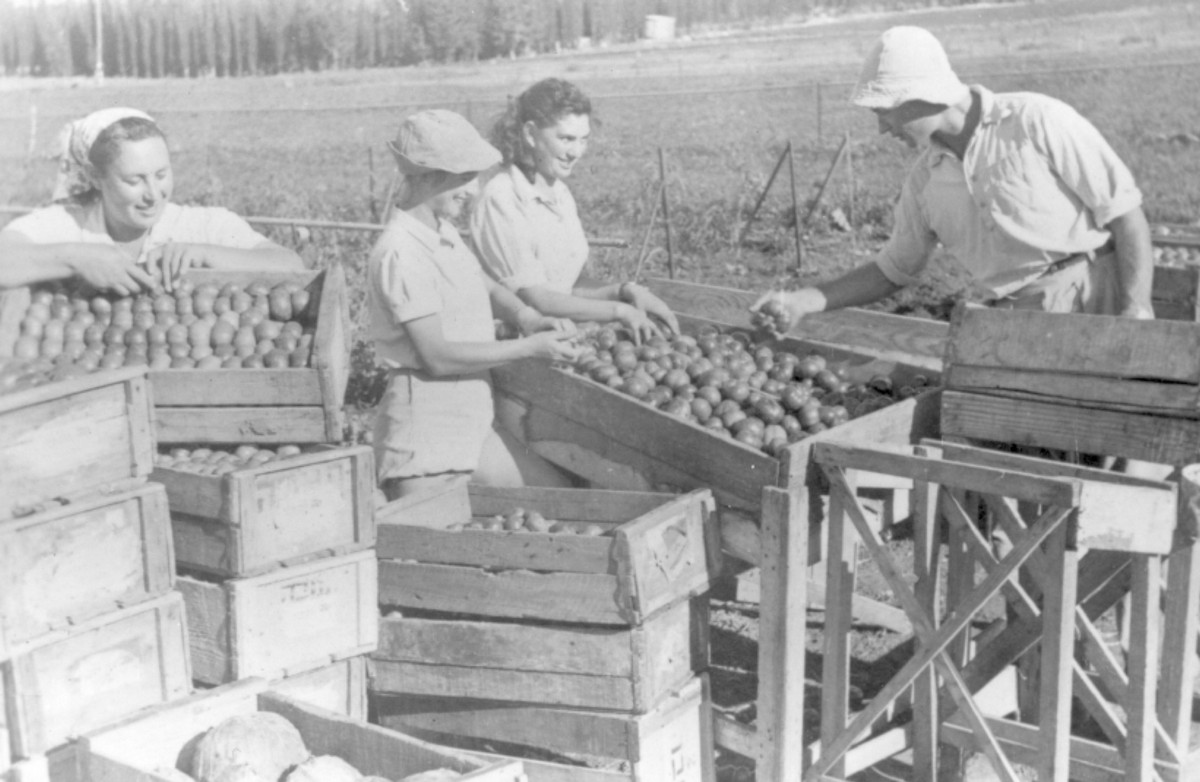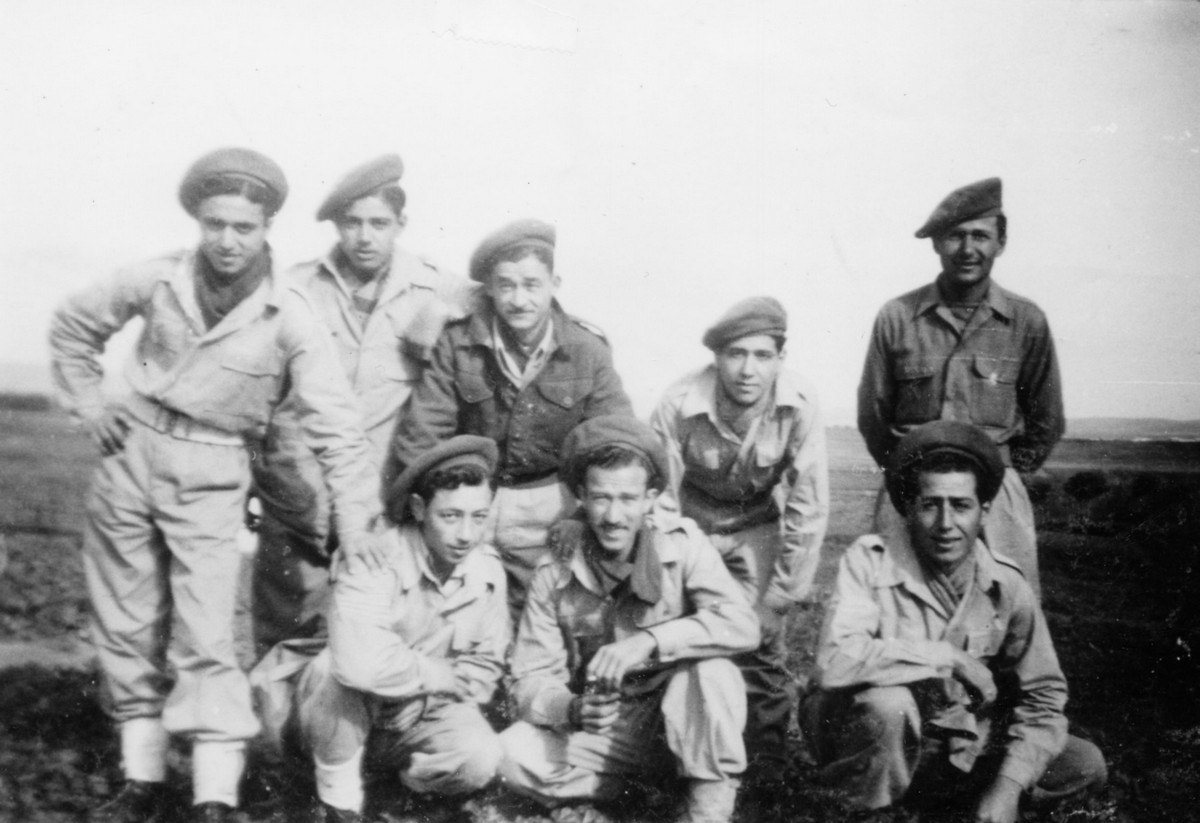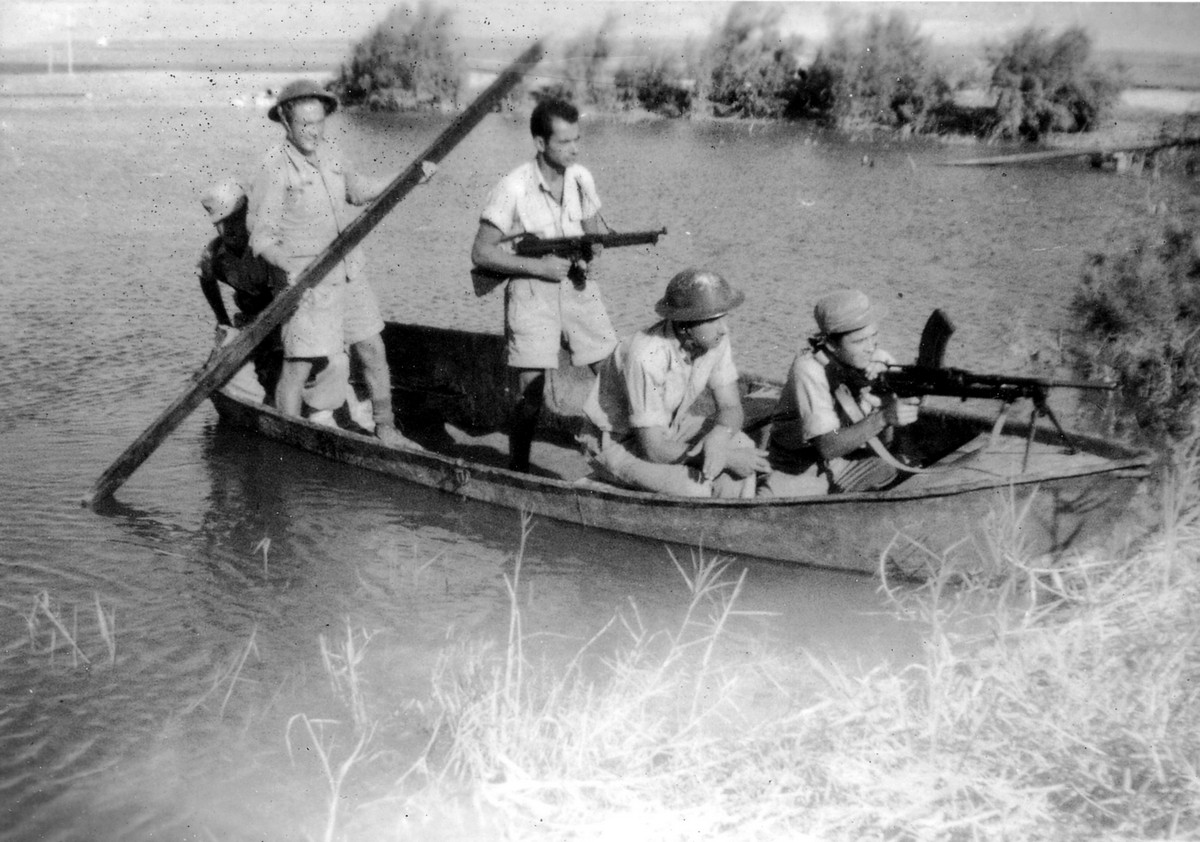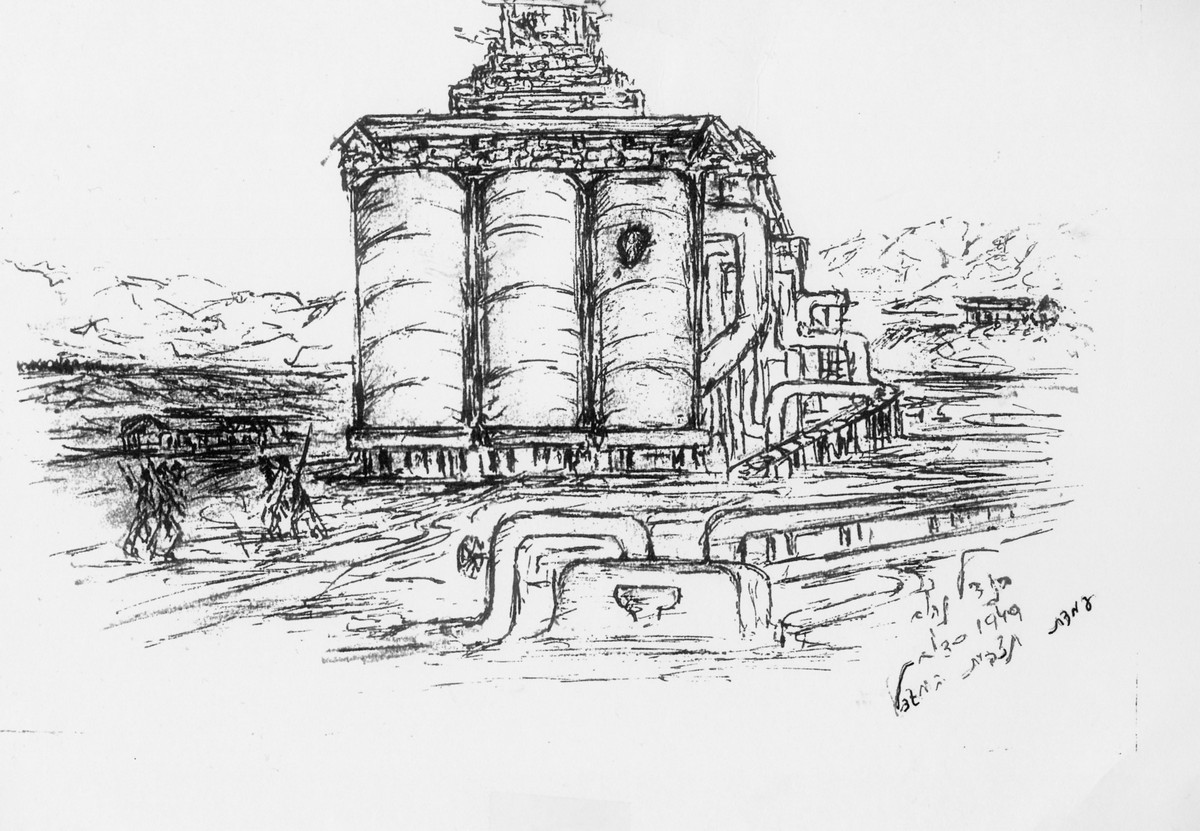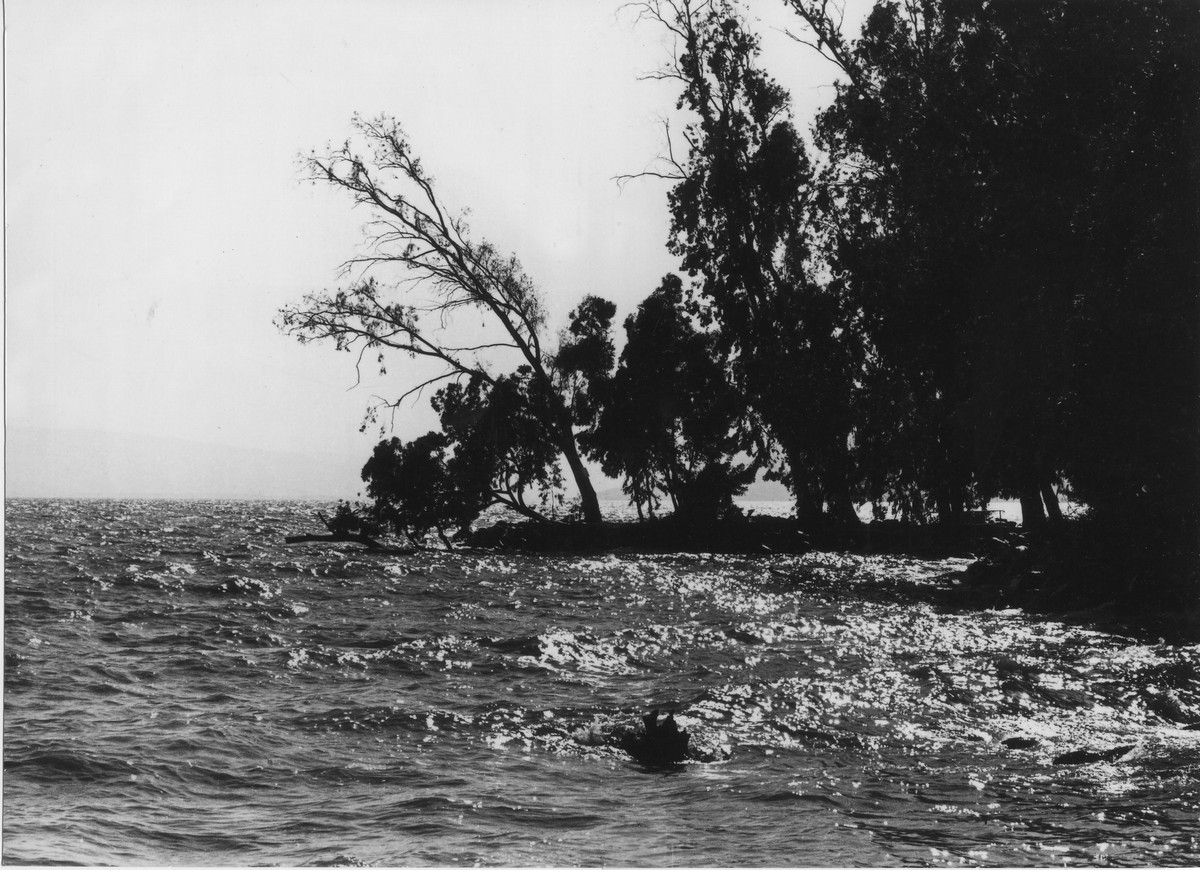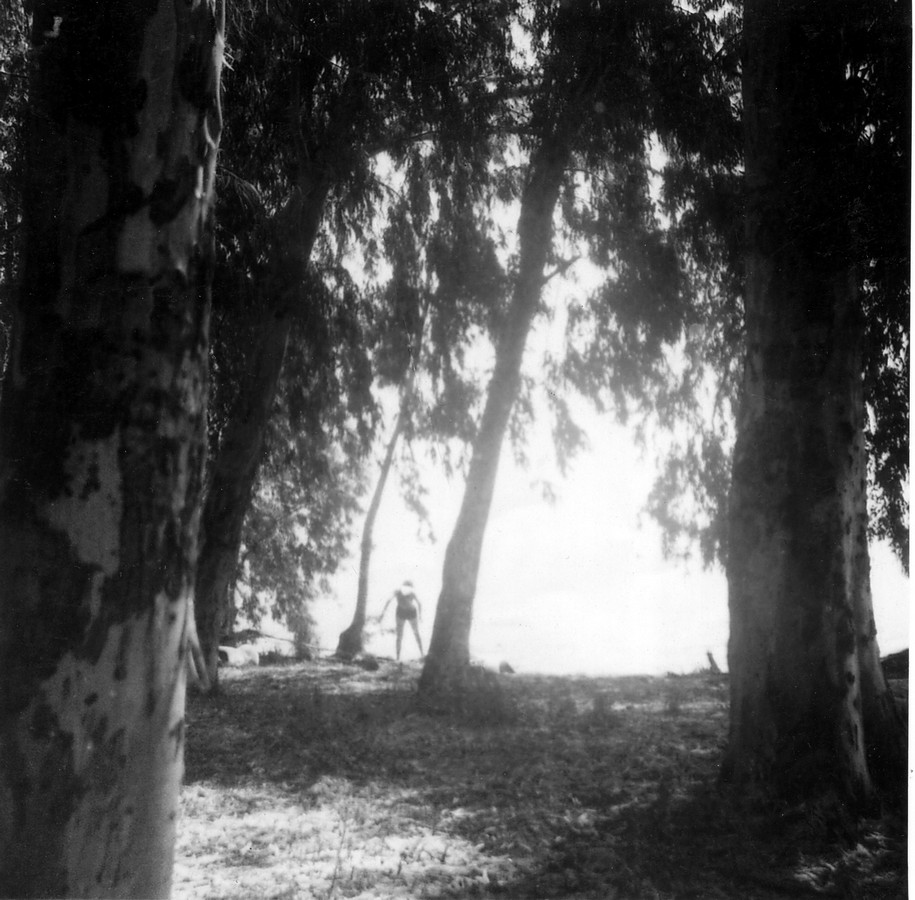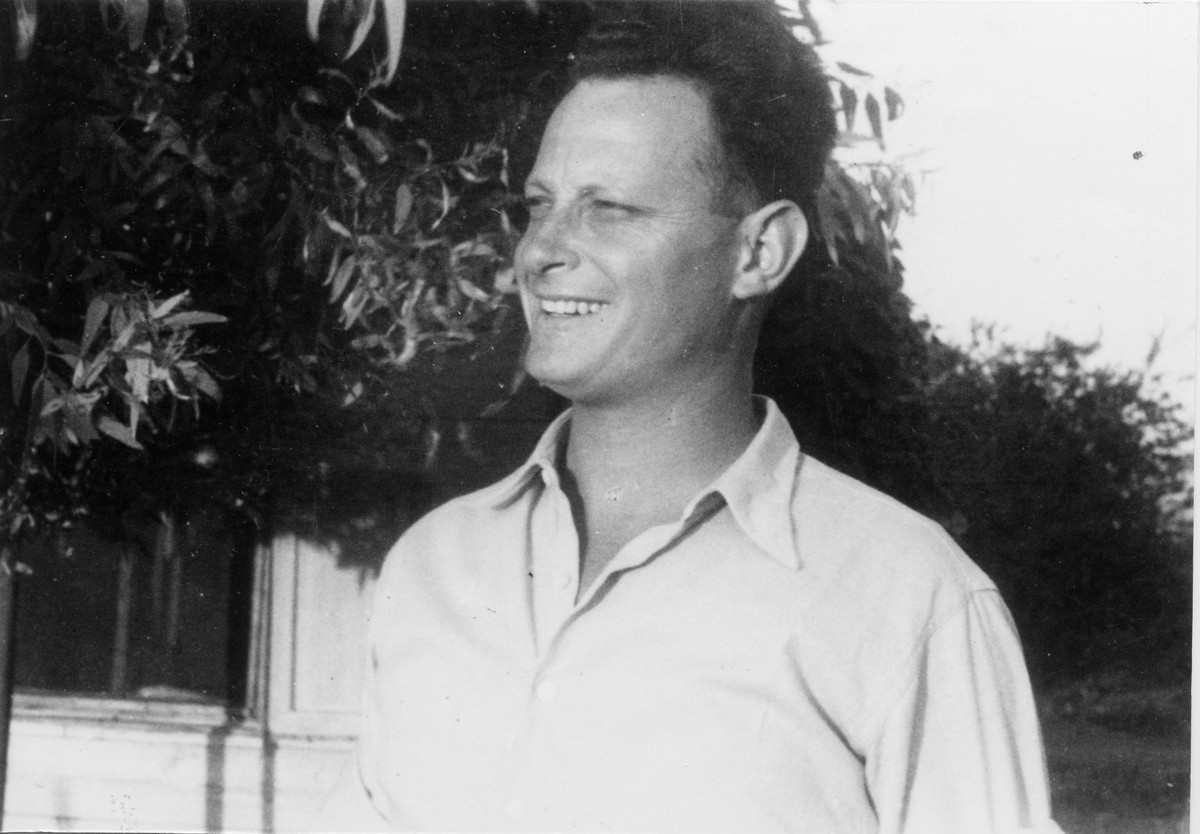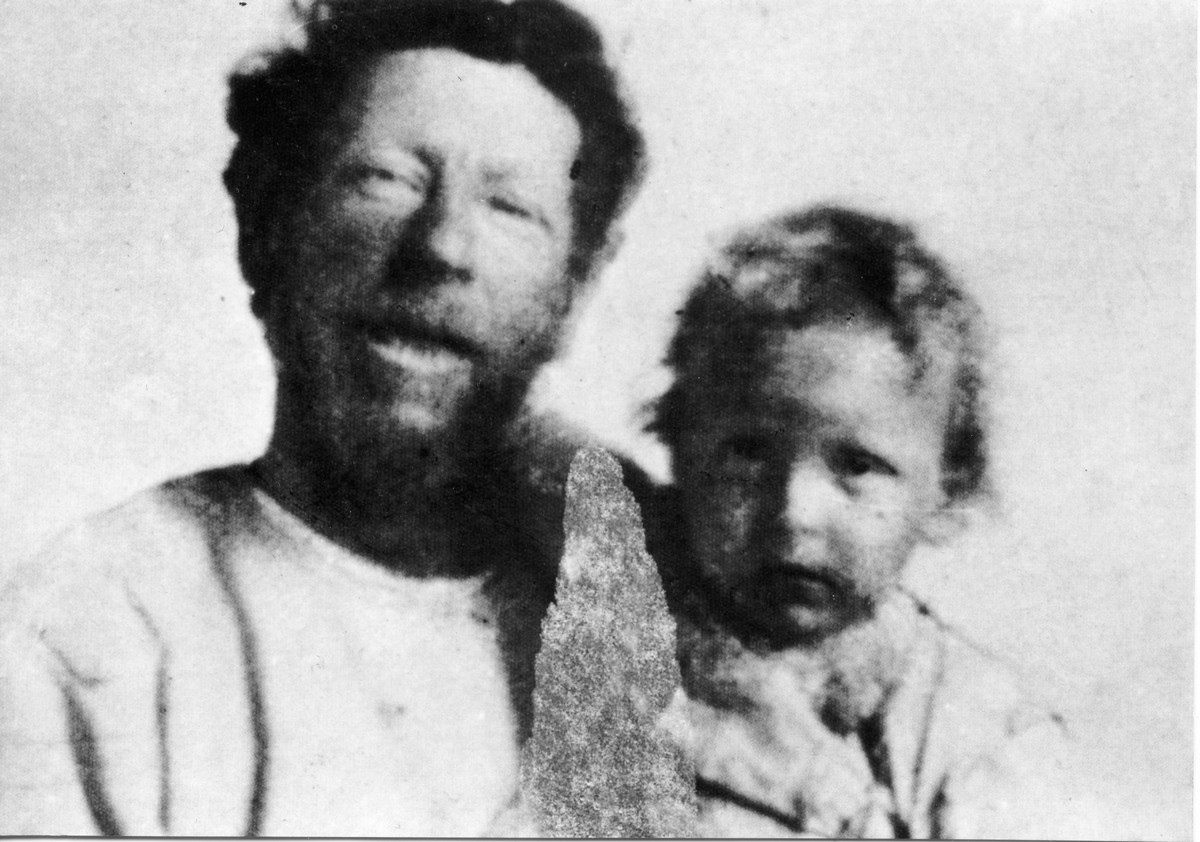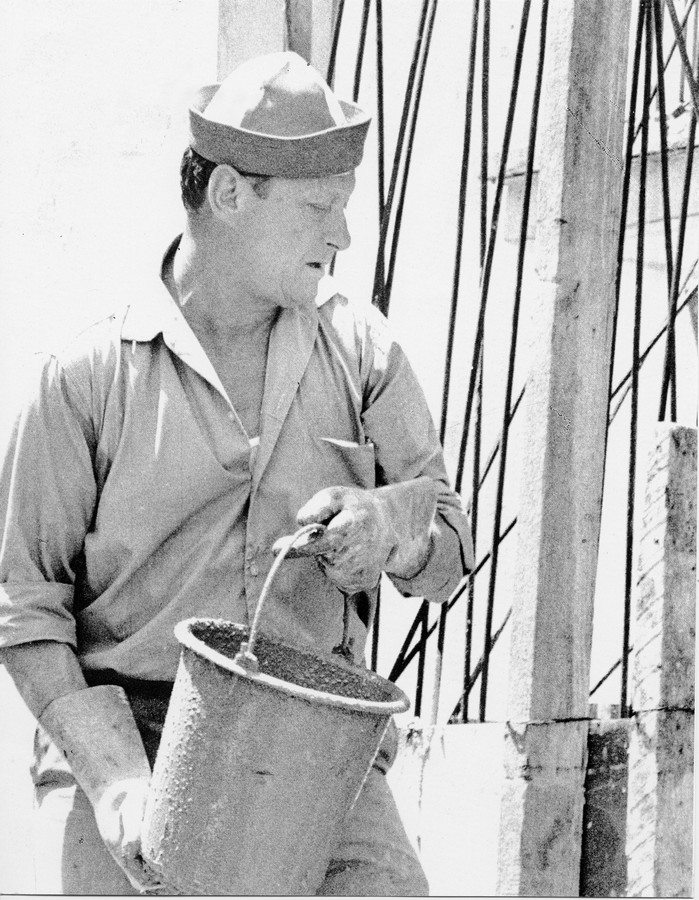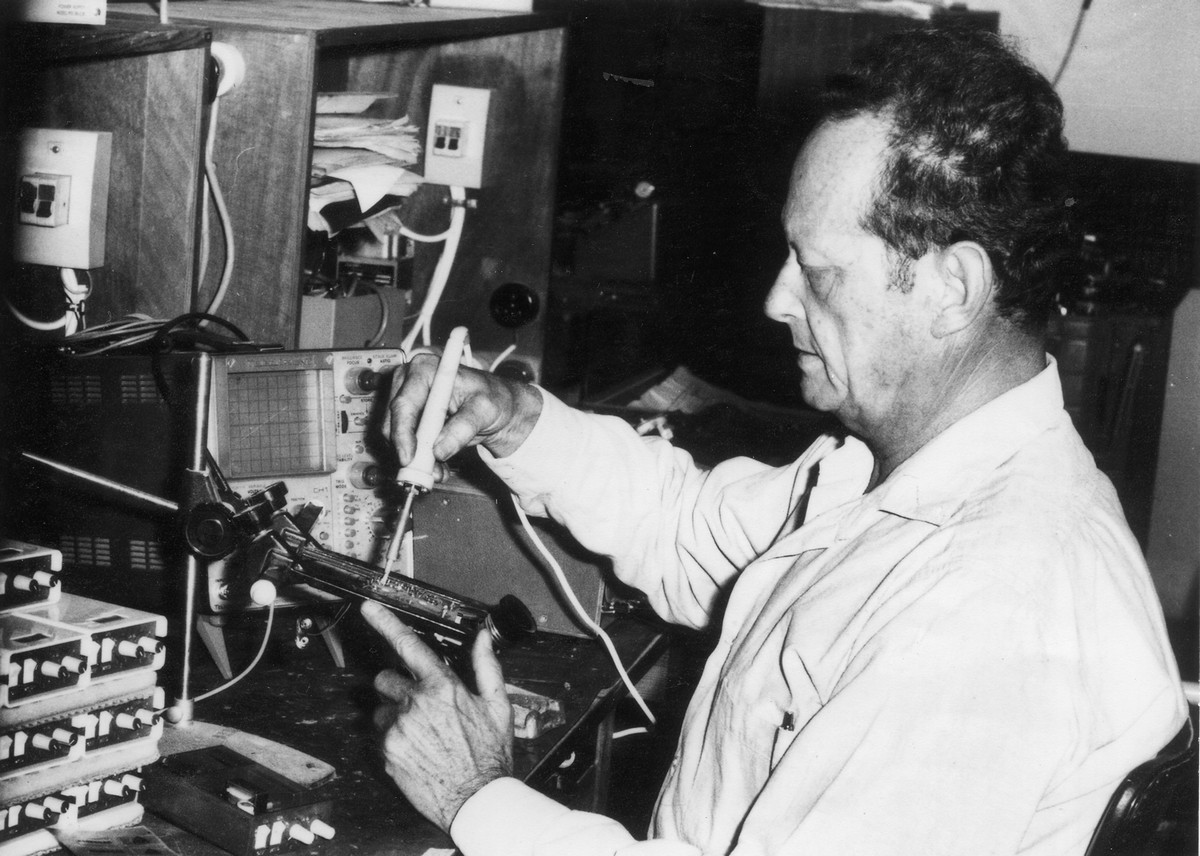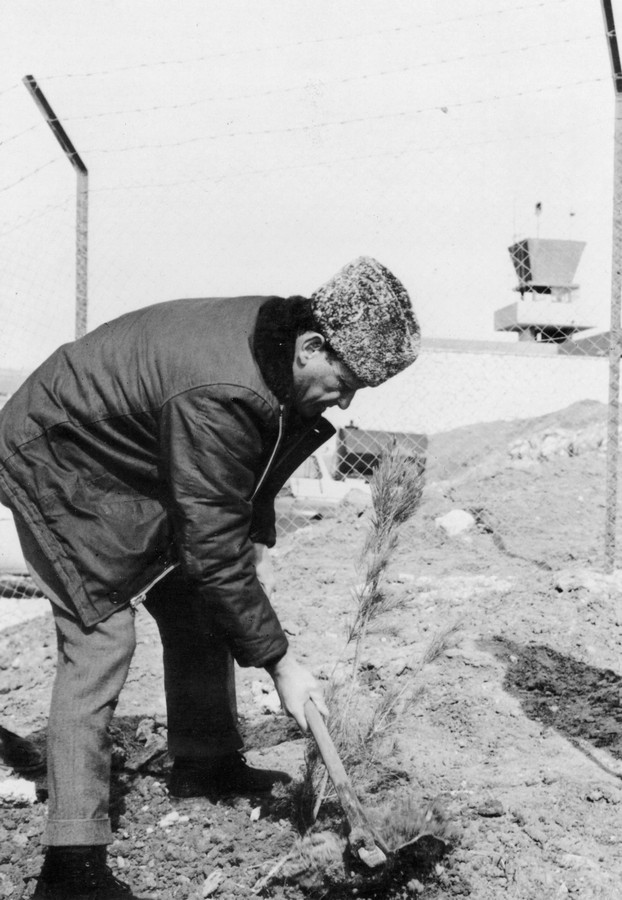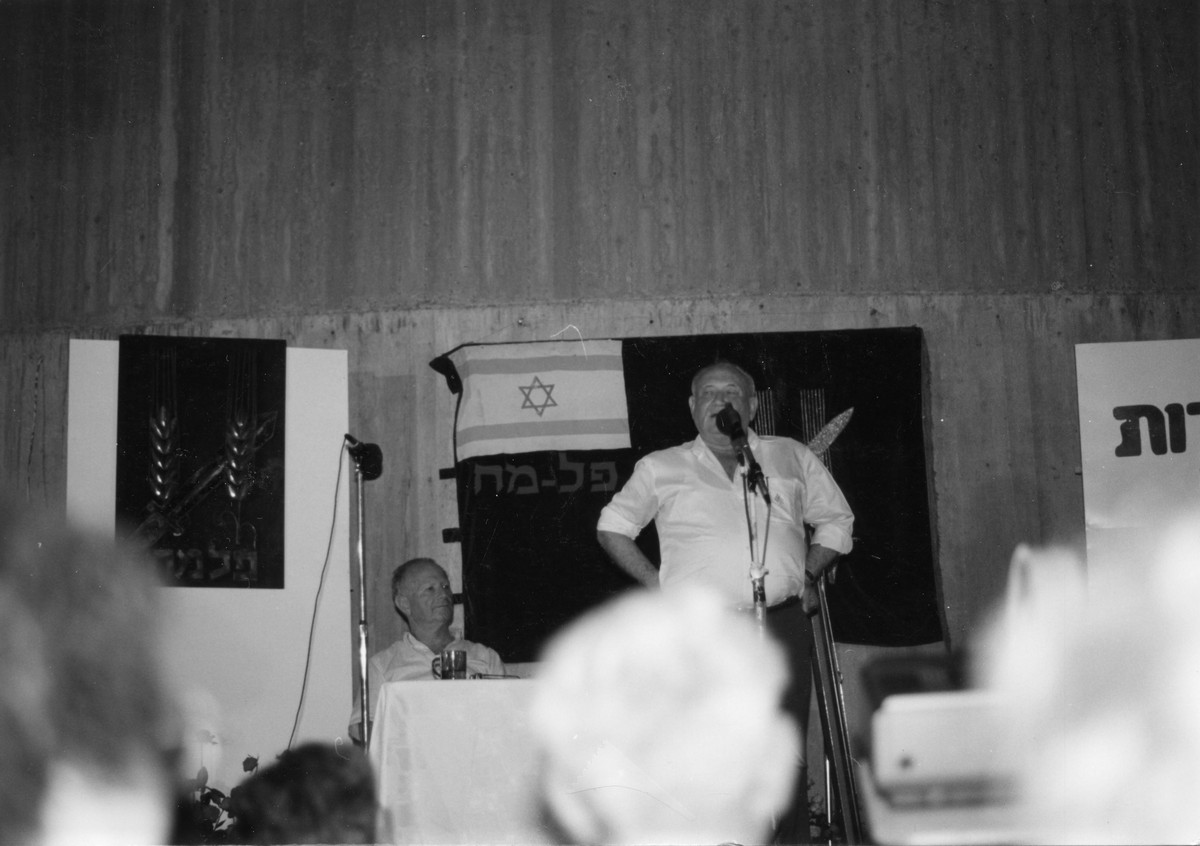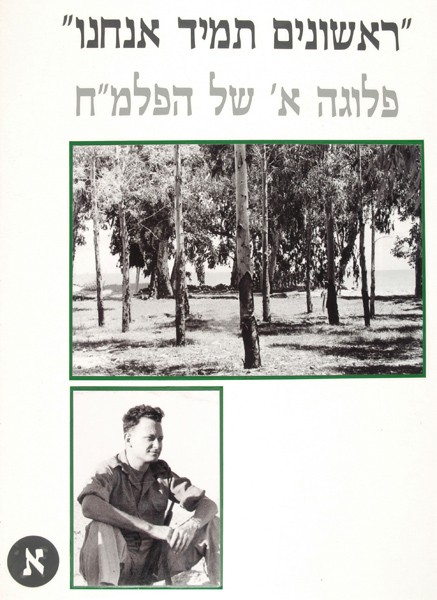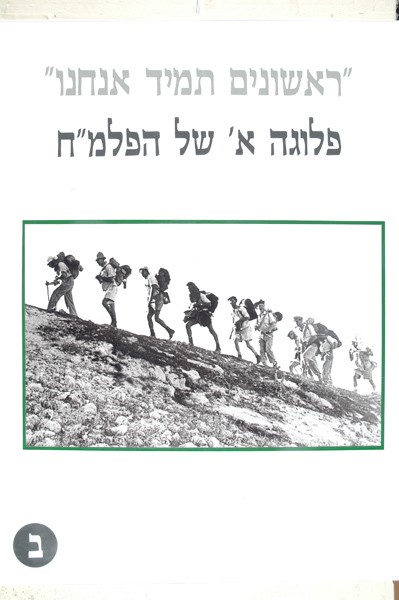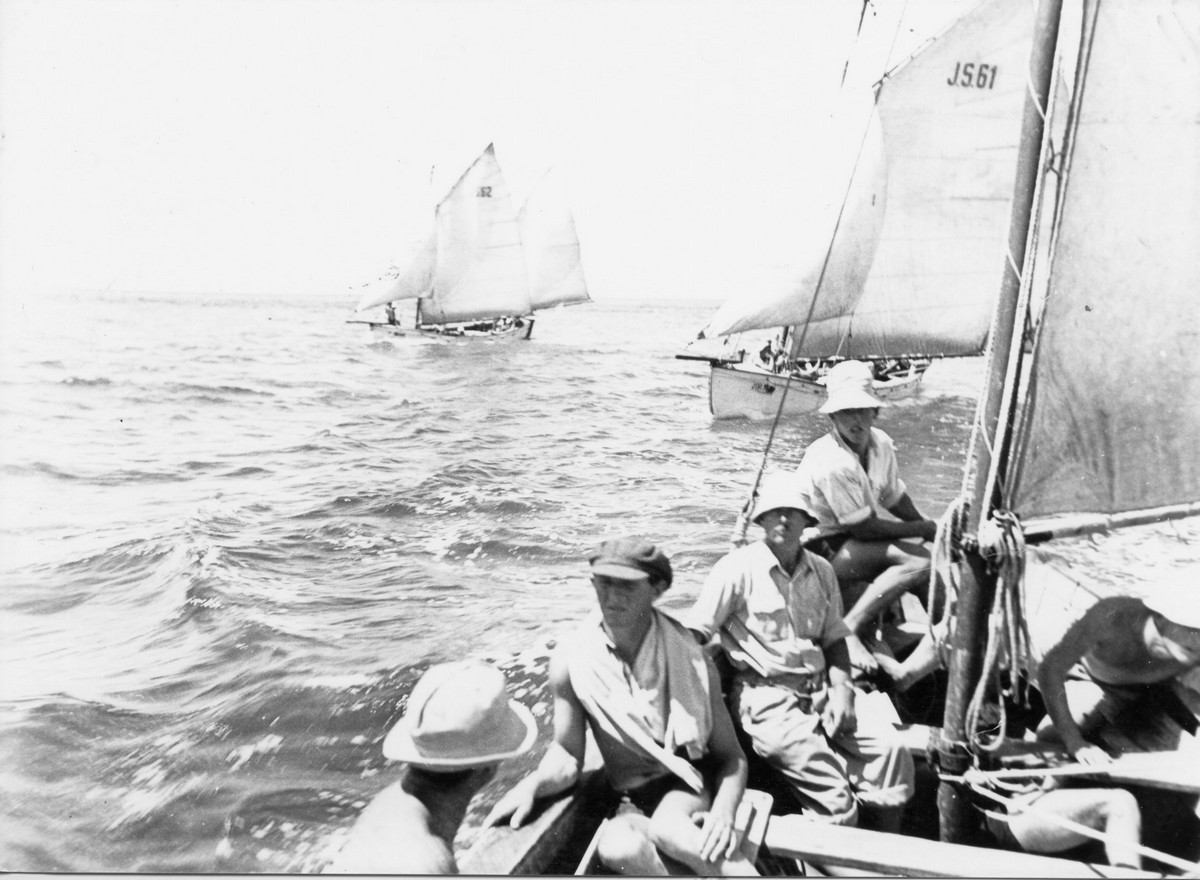Pluga Aleph (Company One)
The company's men were recruited from settlements and Kibbutzim in the Eastern Galilee and the Valleys on May 1941. Its first operation was participation in the British invasion of Syria and Lebanon in June 1941.
Iftach - First Battalion - Hacahsharot A - 4
First we always the first Palmach Company A
First we always the first Palmach Company B
The company's men were recruited from settlements and Kibbutzim in the Eastern Galilee and the Valleys on May 1941. Its first operation was participation in the British invasion of Syria and Lebanon in June 1941. After the initial assembly in the Ginnosar Grove in the summer of 1941, the company's fighters spent their first year of service in their homes, training occasionally in a local framework, and served as a reserve force, ready for recruitment within 24 hours.
The company was recruited again in the spring of 1942 and was posted in the upper Eastern Galilee, but the threat of the approaching German invasion caused its transfer in July to the Southern bases of Kibbutz Negba, Kfar Menahem and Dorot. Towards the end of summer of 1942, after the German invasion was no longer a threat, the company followed a routine of agricultural work and military training in the camps in the Kibbutzim of the Jordan Valley (Kinnereth, Afikim, Ashdot Yaakov). From the end of 1943, enlisted Hachshrot (groups of young men and women who underwent a program of combined military training, agricultural work and Zionist education) were attached to the company, as well as individual paratroopers. Over time, the company overcame initial difficulties and obstacles, and consolidated and united to become a proud company, retaining its pride even after its founders were discharged in 1944.
The company was recruited again in the spring of 1942 and was posted in the upper Eastern Galilee, but the threat of the approaching German invasion caused its transfer in July to the Southern bases of Kibbutz Negba, Kfar Menahem and Dorot. Towards the end of summer of 1942, after the German invasion was no longer a threat, the company followed a routine of agricultural work and military training in the camps in the Kibbutzim of the Jordan Valley (Kinnereth, Afikim, Ashdot Yaakov). From the end of 1943, enlisted Hachshrot (groups of young men and women who underwent a program of combined military training, agricultural work and Zionist education) were attached to the company, as well as individual paratroopers. Over time, the company overcame initial difficulties and obstacles, and consolidated and united to become a proud company, retaining its pride even after its founders were discharged in 1944.
